Google Secret Manager is available, since this spring:

def create_secret(project_id, secret_id):
"""
Create a new secret with the given name. A secret is a logical wrapper
around a collection of secret versions. Secret versions hold the actual
secret material.
"""
# Import the Secret Manager client library.
from google.cloud import secretmanager
# Create the Secret Manager client.
client = secretmanager.SecretManagerServiceClient()
# Build the resource name of the parent project.
parent = client.project_path(project_id)
# Create the secret.
response = client.create_secret(parent, secret_id, {
'replication': {
'automatic': {},
},
})
# Print the new secret name.
print('Created secret: {}'.format(response.name))
- Consume the secrets from the app instead of the environment variables:
def access_secret_version(project_id, secret_id, version_id):
"""
Access the payload for the given secret version if one exists. The version
can be a version number as a string (e.g. "5") or an alias (e.g. "latest").
"""
# Import the Secret Manager client library.
from google.cloud import secretmanager
# Create the Secret Manager client.
client = secretmanager.SecretManagerServiceClient()
# Build the resource name of the secret version.
name = client.secret_version_path(project_id, secret_id, version_id)
# Access the secret version.
response = client.access_secret_version(name)
# Print the secret payload.
#
# WARNING: Do not print the secret in a production environment - this
# snippet is showing how to access the secret material.
payload = response.payload.data.decode('UTF-8')
print('Plaintext: {}'.format(payload))

